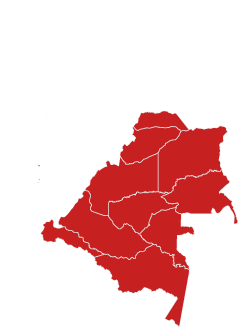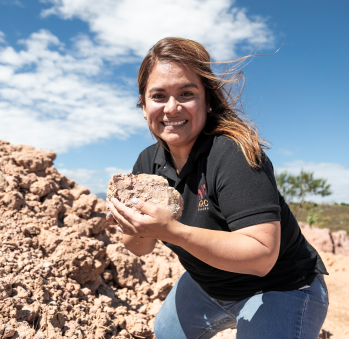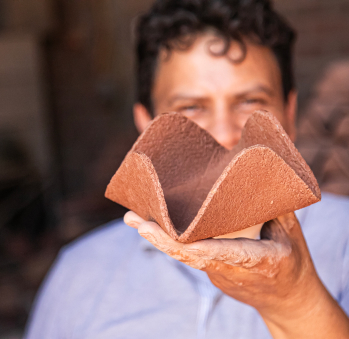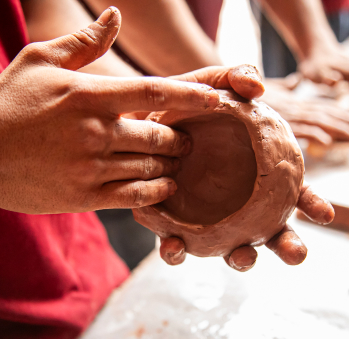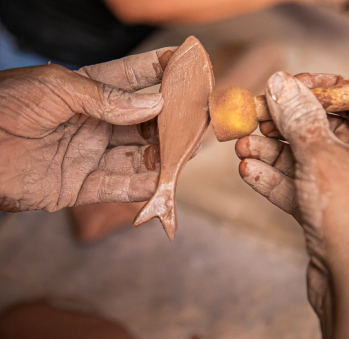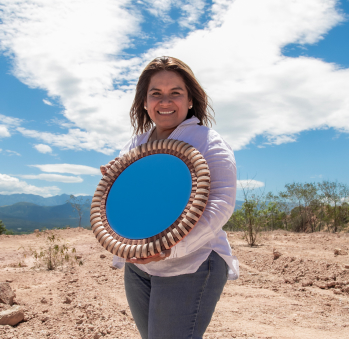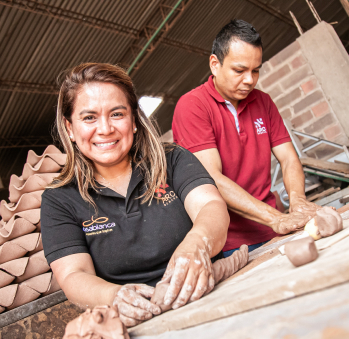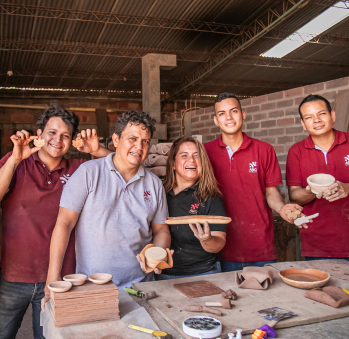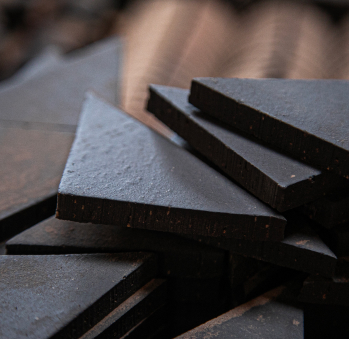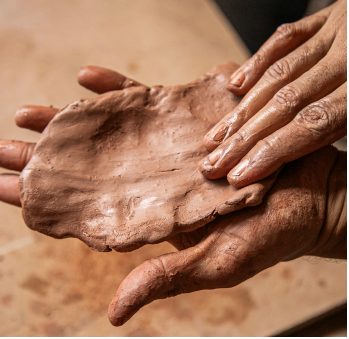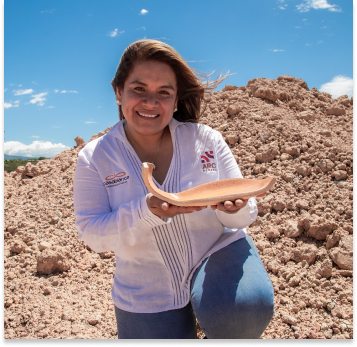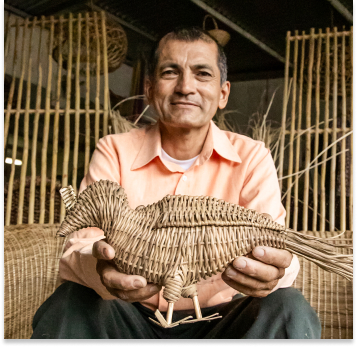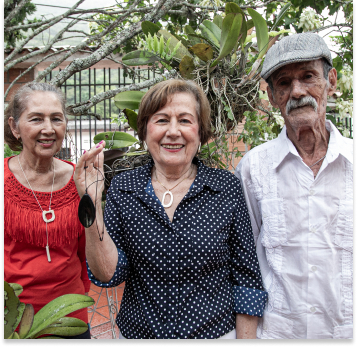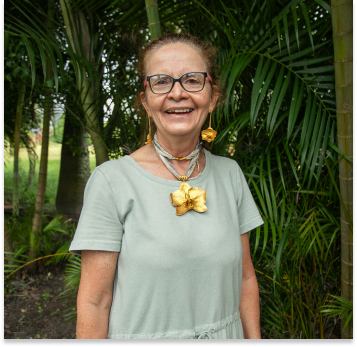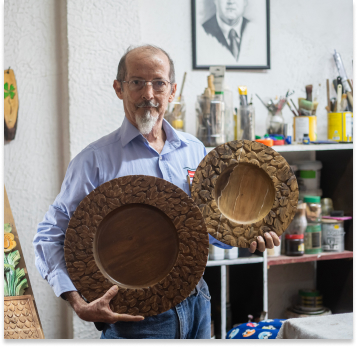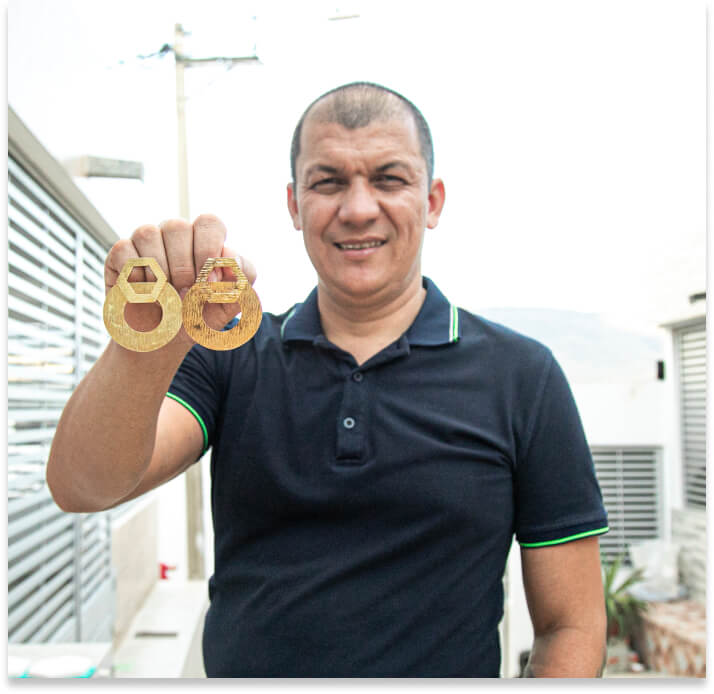Erika y Javier Gelvez Gelvez
Workshop: ARC BOWARA
Craft: Alfarería y cerámica
Trail: Norte de Santander Route
Location: San José de Cúcuta, Norte de Santander
One of Norte de Santander’s best-kept secrets is its strikingly beautiful clay mountains. Thanks to the variety of colors and plasticity, artisans can produce up to nine different types of clay. This rich heritage of ceramic craftsmanship, however, has sadly diminished due to governmental decisions redirecting the region’s economy. Thus, the Gelvez family’s choice to make a living from working with clay is also a way of preserving the tradition that once gave this land a renowned reputation.
Erika and Javier lead this endeavor. They are the heirs to the business their father, Mr. Teódulo Gelvez Albarracín, founded over fifty years ago. He was an entrepreneur with a commitment to bolstering ceramic work in the region. He began by producing construction bricks and built an empire. Additionally, he cultivated rice, a major source of income for the region, and established the Casablanca Hotel in the capital’s downtown. Sadly, he fell victim to the conflict that plagued the country in past decades. Teódulo was kidnapped and killed in 1987. Erika was eight years old when this occurred, and Javier, the eldest brother, had to take charge of the family’s businesses.
Today, these two siblings are the successors to a business that encompasses two areas of ceramic production. The first one is ARC Bowara, specializing in the artisanal crafting of tiles and custom clay pieces for architectural projects. The second one is Casablanca, a more industrial and technologically advanced enterprise focused on the production of construction blocks.
For Erika, Bowara is a dream realized. It was established to honor her father’s desire to preserve tradition, which is why it was named after the Barí term for mountain, a language spoken by the ancient inhabitants of these lands. She firmly believes that their work embodies a craft that strives to preserve the qualities of handmade artistry, the exploration of technical expertise in clay work, and the art of drying, firing, mixing clays, and creating innovative designs. However, they also embrace technology to enhance their processes. For example, they have been working to replace the conventional fuels used to power kilns, which had been detrimental to artisans’ health for years, with rice husk biomass. This shift not only improves the quality of life for their workers but also contributes to environmental sustainability.
Erika is acutely aware of and grateful for the craft masters who have been with Bowara since the beginning. She learns something new every day from these wise individuals, well-versed in the timing of clay processes, such as the year-long drying period required to expel all moisture before it can be used. Much like haute couture, this is a place for experimenting with raw materials, and she actively participates in the design process.
As a result of their extensive knowledge, they incorporate freetwork, die-cutting, crimping, and textured designs into their clay creations. They have specialized in producing custom-made tiles for adorning exclusive shops, hotels, and restaurants. In this manner, they have achieved their goal of crafting unique pieces that cannot be found elsewhere. The fact that the younger generations of her family understand the significance of Bowara and Casablanca and are committed to preserving them fills her with pride. She smiles as she observes a five-year-old Gelvez already familiarizing himself with clay, approaching it with curiosity and joy. She is conscious of the fact that someday it will be he who tells his great-grandfather’s story.
Craft
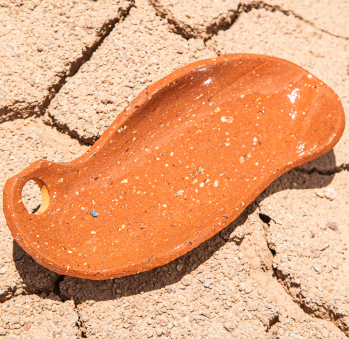
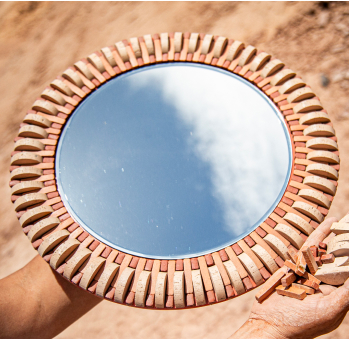
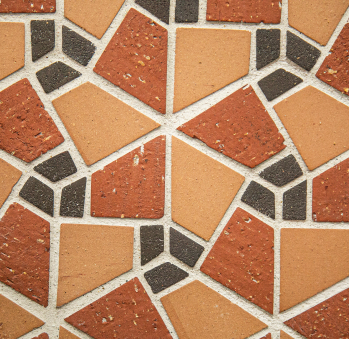
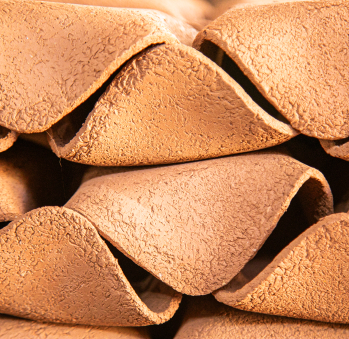
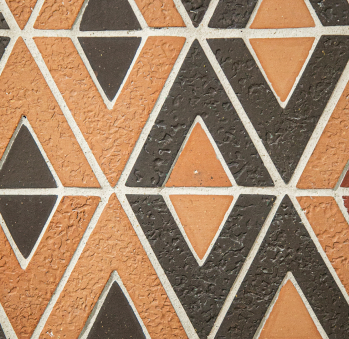
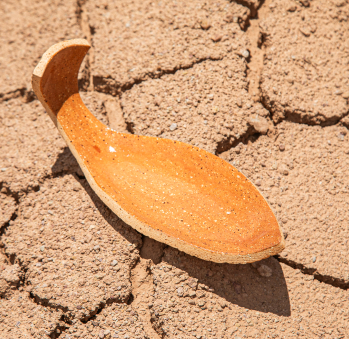






Artisans along the way
Artisans along the way
No puede copiar contenido de esta página

